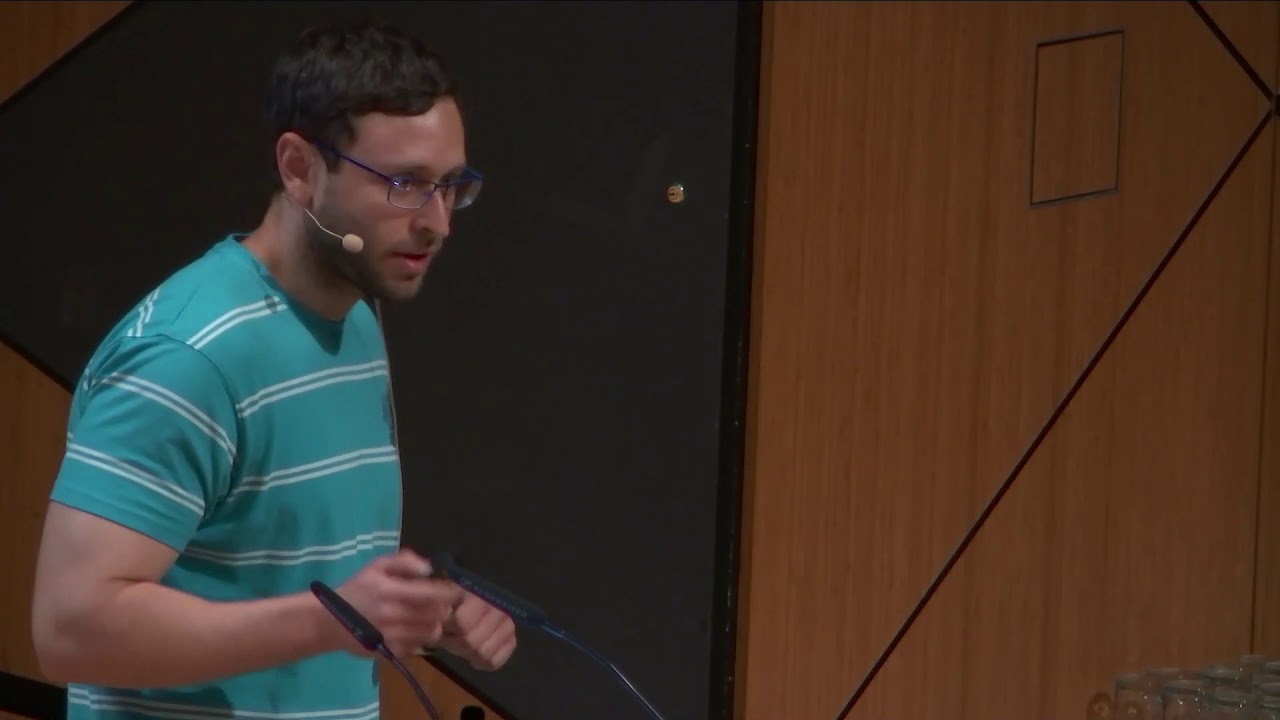Welcome to the resource topic for 2019/231
Title:
Secret-Sharing Schemes for General and Uniform Access Structures
Authors: Benny Applebaum, Amos Beimel, Oriol Farràs, Oded Nir, Naty Peter
Abstract:A secret-sharing scheme allows some authorized sets of parties to reconstruct a secret; the collection of authorized sets is called the access structure. For over 30 years, it was known that any (monotone) collection of authorized sets can be realized by a secret-sharing scheme whose shares are of size 2^{n-o(n)} and until recently no better scheme was known. In a recent breakthrough, Liu and Vaikuntanathan (STOC 2018) have reduced the share size to O(2^{0.994n}). Our first contribution is improving the exponent of secret sharing down to 0.892. For the special case of linear secret-sharing schemes, we get an exponent of 0.942 (compared to 0.999 of Liu and Vaikuntanathan). Motivated by the construction of Liu and Vaikuntanathan, we study secret-sharing schemes for uniform access structures. An access structure is k-uniform if all sets of size larger than k are authorized, all sets of size smaller than k are unauthorized, and each set of size k can be either authorized or unauthorized. The construction of Liu and Vaikuntanathan starts from protocols for conditional disclosure of secrets, constructs secret-sharing schemes for uniform access structures from them, and combines these schemes in order to obtain secret-sharing schemes for general access structures. Our second contribution in this paper is constructions of secret-sharing schemes for uniform access structures. We achieve the following results: (a) A secret-sharing scheme for k-uniform access structures for large secrets in which the share size is O(k^2) times the size of the secret. (b) A linear secret-sharing scheme for k-uniform access structures for a binary secret in which the share size is \tilde{O}(2^{h(k/n)n/2}) (where h is the binary entropy function). By counting arguments, this construction is optimal (up to polynomial factors). (c) A secret-sharing scheme for k-uniform access structures for a binary secret in which the share size is 2^{\tilde{O}(\sqrt{k \log n})}. Our third contribution is a construction of ad-hoc PSM protocols, i.e., PSM protocols in which only a subset of the parties will compute a function on their inputs. This result is based on ideas we used in the construction of secret-sharing schemes for k-uniform access structures for a binary secret.
ePrint: https://eprint.iacr.org/2019/231
Talk: https://www.youtube.com/watch?v=lm0tbo-fvCI
See all topics related to this paper.
Feel free to post resources that are related to this paper below.
Example resources include: implementations, explanation materials, talks, slides, links to previous discussions on other websites.
For more information, see the rules for Resource Topics .
